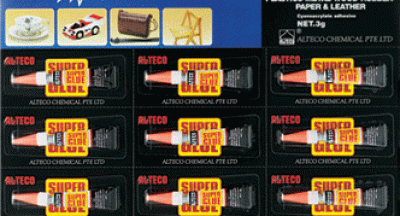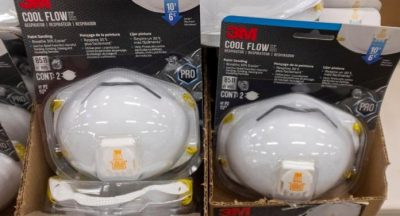Tiny Particles could Help Verify Counterfeit Goods
Chemical engineers hope smartphone-readable microparticles could crack down on counterfeiting.
Some 2 to 5 percent of all international trade involves counterfeit goods, according to a 2013 United Nations report. These illicit products — which include electronics, automotive, and aircraft parts, pharmaceuticals, and food — can pose safety risks and cost governments and private companies hundreds of billions of dollars annually. Many strategies have been developed to try to label legitimate products and prevent illegal trade — but these tags are often too easy to fake, are unreliable, or cost too much to implement, according to MIT researchers who have developed a new alternative.
http://www.wirelessdesignmag.com/news/2014/04/tiny-particles-could-help-verify-counterfeit-goods
Related Posts
Fake Super Glue floods market
The Alteco Chemical PTE Ltd., a company that produces Alteco 11O Super Glue, has...
Higher oil tax encourages smuggling
Several groups have expressed concern about the proposal of the Department of...
DRI seizes foreign cigarettes worth Rs 6.5 cr at Mundra port
Ahmedabad (Gujarat) , September 3 (ANI): The Directorate of Revenue...
Maharashtra: 3 lakh N95 masks seized from the godowns in Andheri and Bhiwandi which were to be sold in black market.
Amid the scare of the deadly coronavirus epidemic where the state is facing the...






